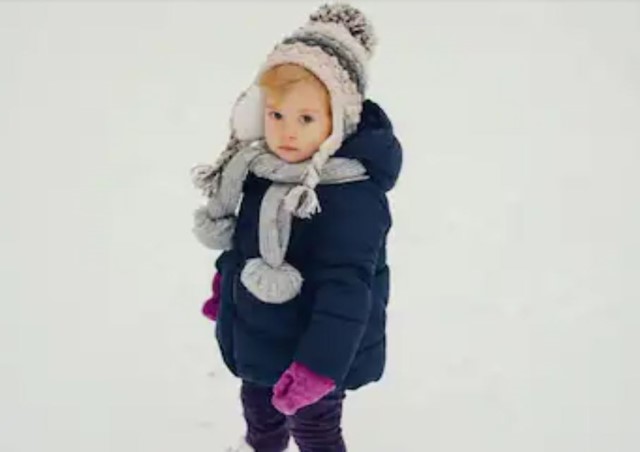Dr. Sahil Bansal Guides Parents to Winter Wear
INDIA: Discover the essential must-haves for every child’s winter wardrobe with valuable insights from Dr Sahil Bansal a renowned consultant pediatrician, and neonatologist at Cloudnine Group of Hospitals, Panchkula. Dr. Bansal emphasized the art of dressing babies and children for winter, ensuring they stay just right – not too hot, not too cold.
- Layering Mastery: The key to surviving winter lies in effective layering. Dr. Bansal advises parents to dress their little ones in one more layer of clothing, creating pockets of air between them to trap heat. Opt for a moisture-wicking base layer, an insulating layer like fleece or knit rompers, and finish with a windproof winter coat or bunting. Ensure the layers are not too tight, allowing for movement and proper circulation.
- Choosing the Right Layers: Dr. Bansal suggests a snug, body-hugging base layer made of wool or polyester fabrics to wick away moisture. The insulating layer should consist of soft cotton or fleece-based long sleeves and full bottoms, with convenient one-piece suits for infants. Complete the ensemble with a waterproof and windproof outer layer, ensuring comfort with additional layers.
- Choose the right-sized clothing for your child to balance comfort and warmth.
- Check Labels: Pay attention to care labels and washing instructions for proper maintenance.
- Accessibility: Opt for winter clothing with easy access, like zippers or snaps, to simplify dressing challenges.
- Safety First: Ensure clothing lacks long strings or small parts, avoiding choking hazards. Steer clear of hoods with drawstrings.
- Adaptability: Stay attuned to temperature changes. Remove layers during warmer spells to prevent overheating and add extra layers in colder conditions. Consider using blankets in strollers or car seats for added warmth.
- Diapering Expertise: Ensure your baby wears the right-sized diaper, using a barrier cream to prevent cold weather-induced diaper rash.
- Head-to-Toe Protection:
- Hats and Mittens: Keep their heads covered with snug-fitting hats to prevent heat loss. Mittens or gloves will ensure warm hands.
- Booties or Soft Shoes: Choose insulated, soft booties or shoes that provide warmth without constriction.
- Scarf: A soft scarf adds warmth and protects the neck.
- Sweatshirts: Functional and comfortable, sweatshirts are ideal for slightly breezy days during autumn and winter.

